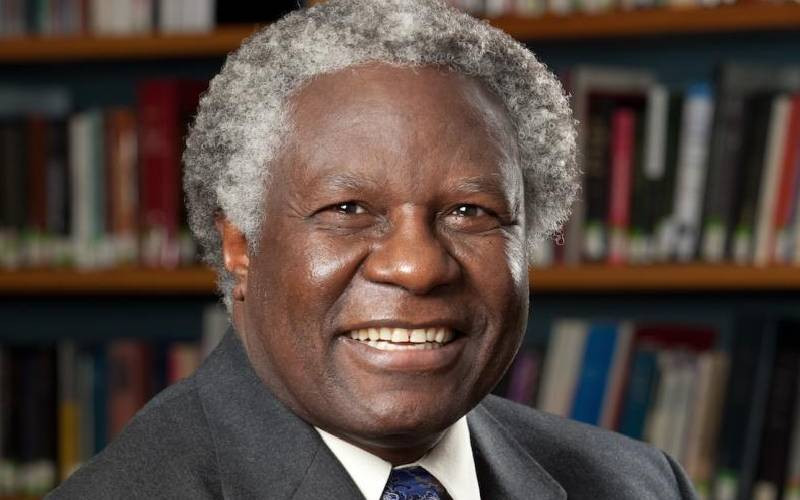×
The Standard e-Paper
Fearless, Trusted News

Scholars are calling for more research and training on innovation to empower African countries to creatively solve endemic problems such as hunger, climate change and disease burden.
They say the continent will lag in achieving Sustainable Development Goals (SDGs) if it does not embrace and deploy Artificial Intelligence (AI) and machine learning (ML) solutions to its challenges.